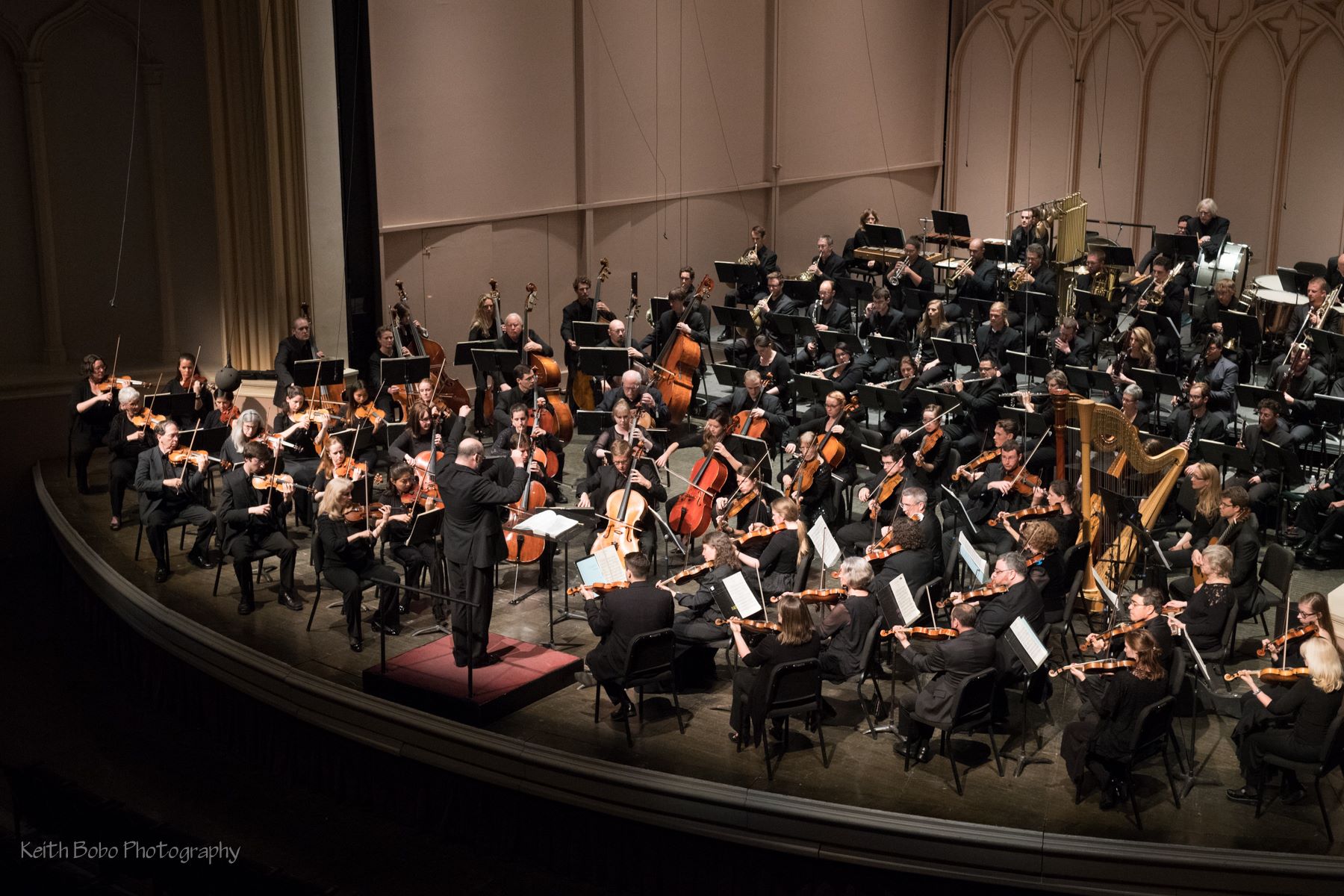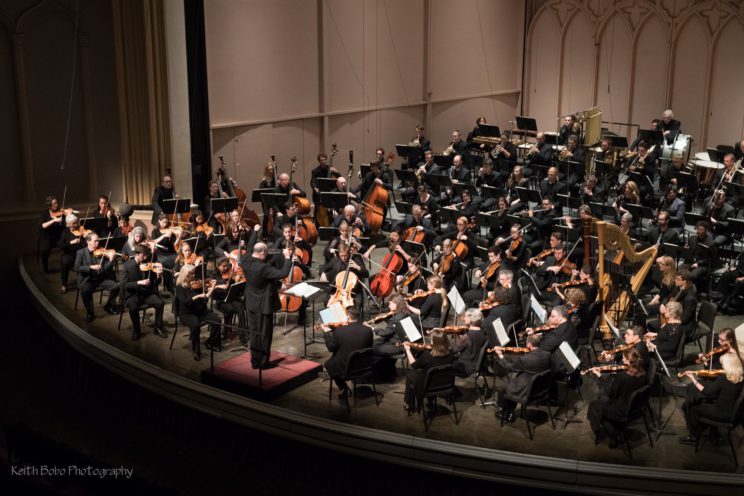I recently attended a very enjoyable concert by a fine local student orchestra. When you think of many musical, technical and social skills one must acquire to play in orchestra, it seems implausible that it is actually possible that such a intricate and uncertain enterprise could ever come off successfully.
As I listened, it occurred to me that the environment is so complex and the skills needed so wide-ranging that it might be helpful if each section of the orchestra had one “top tip” to keep in mind to help make the orchestral experience more successful and pleasant and even, I hope, a little simpler. As far as I know, these apply to all kinds of orchestras everywhere in the world at all times and in all circumstances. But maybe they don’t in yours. Advice for conductors can be found everywhere else on this site.
Flute- The clarinet is never going to adjust to you. All they can hear is the horns and trumpets right behind their head, while all you can hear is…. the clarinet right behind your head that you so far haven’t adjusted to. And- the sound of the flute’s lower register is one of the glories of the orchestra– work it.
Piccolo- If you are playing Beethoven 5, play louder. In all other circumstances, it’s probably already too loud
Oboe- Keep your tuner handy. We are going to tune again today.
Cor anglais- The principal oboist is not retiring or leaving any time soon.
Clarinet- Conducting from the clarinet will not help the flutes and oboes to be with you. They cannot see you.
Bass clarinet- Yes, we know you can play louder than the trombones, but we find it more off-putting than impressive
Bassoon- It is a given that you are sharp and early- that’s just how your instrument is made. The question is how sharp and how early. The good news is that you’re everybody’s favorite section.
Horn- The trombones still don’t understand why you miss so many notes, but they love you anyway and would be happy to take some of those tunes off your hands.
Trumpet– Get a softer/smaller/lighter instrument and play it with more balls rather than getting a cannon and having to tickle it for your whole life.
Trombone- Not being in your chair when we finally get to the last movement does not endear you to the violins who have been playing the whole time without a break. And…. The horns think your instrument is easy, but they love you anyway
Tuba- You probably should have brought the other tuba for this piece.
Timpani- 72% of the time 90% of the people involved, including the rest of the orchestra, the composer, the conductor, the producer and the audience, wish you were using a harder stick and are all too nice and/or scared to tell you
Xylophone- See timpani above
Snare/side drum- If you’re there thinking “everyone in the orchestra has bad rhythm except for me,” reverse that thought.
Keyboard/continuo– Everyone involved managed fine without your advice for the other 20 concerts this year. You can focus on playing and not worry about coaching the celli or the conductor.
Harp- You probably should have started tuning that thing a little sooner.
Violin 1- If your section leader is not with the conductor, you’re screwed (we all are). If your section leader is with the conductor, be nice to them- it’s not easy nor is it a given. And yes, you should get paid more to learn all those notes- oh wait, you’re sight reading…
Violin 2- You need the most active eyes in the orchestra, constantly scanning from first violins cellos and occasionally checking in with the conductor, too.
Viola- The bowings are fine. Leave them as they are. Put the pencil down and stop talking.
Cello- Only use harmonics when the composer asks for them. Not all melodies need be played with the kind of intensity, or volume, one brings to the first page of the Dvorak Concerto.
Basses- It matters a lot if you play in tune. A lot. You may get called out less often for intonation issues than treble instruments, but your intonation (and rhythmic precision) is what makes or breaks the orchestra as a whole. That’s why we love you.
What do you think the true secrets of orchestral greatness are? Share your thoughts in the comments!


Saxophone – please stop swinging the eighth notes.
Wagner Tuba – erm, erm, what are you for again?
Bruckner!!!!!
First sentence of the cello paragraph is right on! Take note, cellists!
For the rest of my cello section colleagues: The audience didn’t pay good money to come hear us play repeated eighth notes (or any other accompaniment figure). If we can’t hear the melody above the din of our enthusiasm, the crowd out there isn’t getting its money’s worth.
thanks for the information
I think it is really hard to play in an orchestra as you need to be in sync with all of the players. I am sure that it would help others who are looking to start playing.